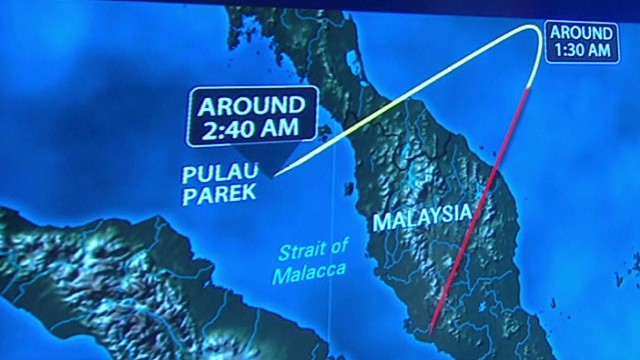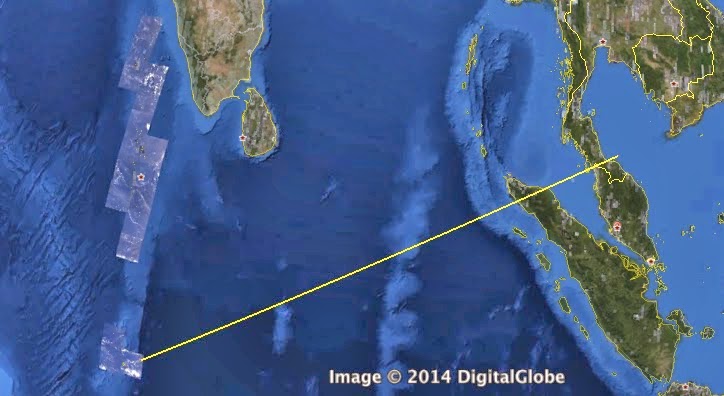This war is liable to
last longer and take more unpredictable turns than previous wars. The regional and international powers that
would typically push for a cease fire are not engaged this time:
- Washington foreign policy siesta: failed to back rebels in Syria, failed to directly confront Assad, allowed Russia to take over as mediator on chem weapons. Also AWOL on Ukraine and gave up on Mideast peace process. If the Obama Administration was expected to hold the sides back from escalation, forget it.
- New Egypt not inclined to mediate. Egypt was always the key intermediary in past rounds. But current government is sworn enemy of Muslim Brotherhood and its Palestinian branch Hamas. Meanwhile Islamic Jihad seen from Cairo as Iranian agents. If anything Egypt is happy to see Hamas squirm, at least to the point at which humanitarian crisis in Gaza could undermine Egyptian interests. Long way from there on Day 3.
- Arab countries consumed with their own very serious problems, particularly Syria and Iraq which is spilling over to threaten other countries (Saudi, Bahrain, Kuwait, Lebanon). If Palestinians complained in other wars with Israel that the Arab nations didn’t help them enough, this episode will set a new record.
At face value, the
absence of limitations on its air war should benefit Israel. But this is a short-term consideration
because the air war will not succeed in stopping the rocket fire. Why?
- Hamas and other groups have capacity to sustain bombardment of Israel. They won’t run out of rockets anytime soon. Israel’s hi-tempo air war will not succeed in physically preventing rocket fire or deter the firing crews from continuing it.
- Meanwhile, Iron Dome has performed brilliantly but is no match for the Gaza rocket arsenal over time. There are too few batteries and too few interceptors total to sustain a long campaign. As the saturation attacks gradually overwhelm the system, Israeli damage and casualties will increase along with momentum for land war. First signs of this already today, the third day of war. Incoming rockets got through in Beer Sheva, Ashdod and at a forward staging area for Israeli troops near Erez.
The much-anticipated
ground invasion of Gaza will disappoint its proponents. The government will be very cautious to avoid
Israeli casualties, which the receiving parties have meticulously prepared to
inflict. And in this day and age, not
only can soldiers not be killed in battle but also cannot run the risk of
capture, since prisoners have strategic consequences for Israel. The ground war will be long on big bangs and flashes for the TV
audiences in Tel Aviv and short on strategic benefits for Israel.
Rhetoric in Israel about “just recapture the Gaza Strip and
finish Hamas” is wishful thinking. Not going to happen (unless Israeli casualties become much more severe) because implementation would
cost many hundreds of Israeli lives in direct combat and more on the home front. In
Israel’s “glory days” of 1956 and 1967, Palestinians were not willing to die to
defend their turf (this likely didn’t even occur to them as an option). In case anyone needed this highlighted, those days are over. Most likely is attempted capture of rural northeastern Strip, avoiding the cities.
Netanyahu sees this
war as distraction from his mission on this earth: to prevent a second Holocaust from a nuclear
armed Iran. He wants to keep all
gunpowder dry (warfighting capacity and political capital) for this ultimate showdown. The war from Gaza, notwithstanding its
chutzpa and "no country in the world would tolerate this" etc., is a distraction
from the main event. Netanyahu’s main objective is to end this war as quickly
as possible without looking desperate. The signposts are clear:
- Israeli government has authorized callup of only 40,000 reservists. In 2012, when the rocket attacks were far less serious, the number was 75,000. Moreover the real number of reservists isn’t the one authorized by the government, which is hypothetical, but rather the subset that is actually pulled out of their jobs and families and sent to the front lines.
- Not a word from Israel - government or military - about an Iranian hand in enabling Hamas et al. Contrast that with 2008 and 2012 when Israel portrayed Hamas attacks as proxy war managed from Tehran.
Israel has two
serious weak cards that constrain its warfighting options: It is
highly averse to casualties and to costly military reserve mobilization. At face value, Hamas and other groups (PIJ,
PRC) are paradoxically helping Israel overcome these issues and build consensus
for costly war by bombarding its cities and towns. But this is simply a trap to drag Israel
further into the morass of Gaza, where Hamas and other fighting forces have
significant advantages.
In Protective Edge’s conservative
air war and the expected cautious ground war, it seems Israel may finally have
internalized somewhat the limits of its military power – brutal lessons
learned over many decades, including the Second Lebanon War in 2006. But this likely won’t last. The adage is that no battle plan survives
first contact with the enemy. Also true regarding sentiment and intentions. As
casualties mount, the desire for payback (already quite acute after the murder
of the yeshiva boys and the al-Kheidr boy) will pressure the government to
increase the pain for the other side. So this is how it will escalate despite intentions, when the troops go in.




